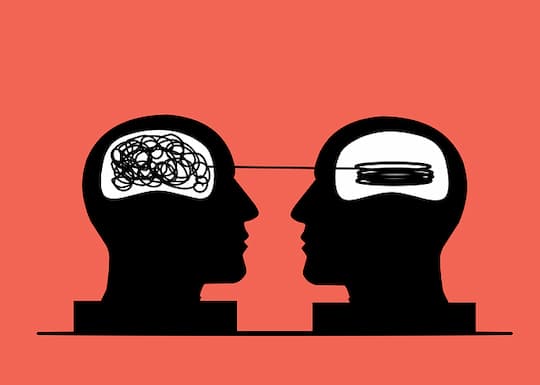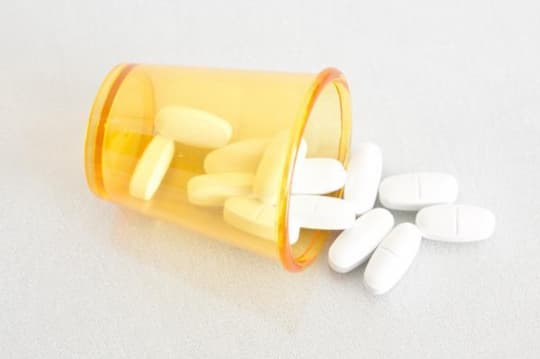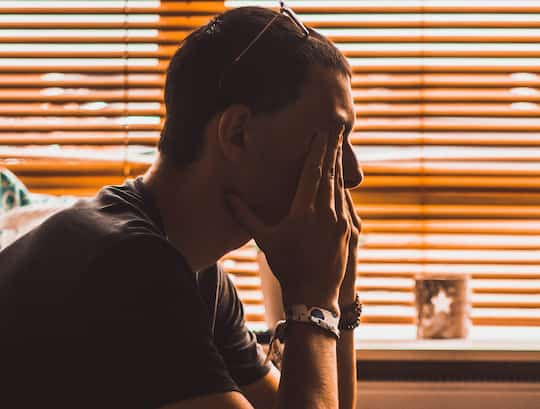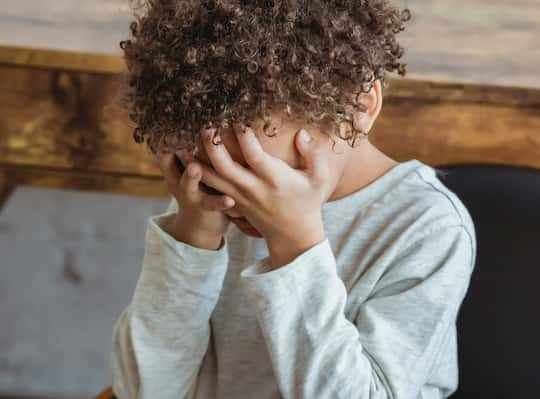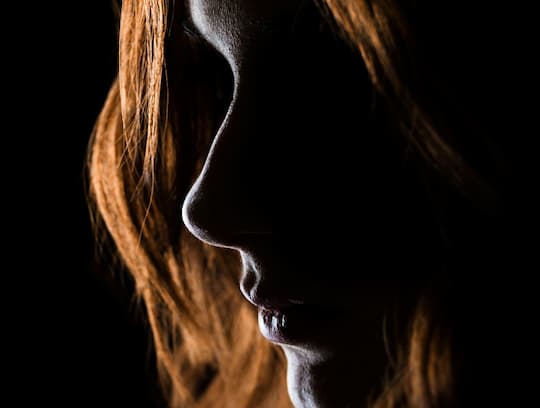People with depression and anxiety who need to boost their risk-taking behaviours could benefit, the researchers think.
People with depression and anxiety who need to boost their risk-taking behaviours could benefit, the researchers think.
Sucking on a lemon could help you take more risks in life, psychological research finds.
Sour tastes, like those in oranges, lemons and many other foods, boost people’s risk-taking behaviours.
The effects could last at least 20 minutes after consuming the sour food, probably longer.
People with depression and anxiety who need to boost their risk-taking behaviours could benefit, the researchers think.
For someone who is anxious, leaving the house can require considerable courage.
Dr Chi Thanh Vi, the study’s first author, explained:
“Risk-taking can mean different things for different people; for some that is jumping out of a plane at 30,000 feet but for others it can be simply leaving the house.
But while it may have negative connotations for some, risk taking is actually one of the primary behaviours that leads to a happier life.”
On the other hand, those who need to avoid taking risks — like airline pilots — might benefit from less sour food in their diet.
Dr Marianna Obrist, study co-author, said:
“Our research indicates that sour does not provoke people to indulge in reckless risky habits, but does have unique attributes to modulate risk-taking and may encourage risk-averse people to take new opportunities.
This is supported by previous work which indicated that people suffering psychiatric disorders such as depression, anxiety, or stress-related disorders could benefit from the use of lemon oils which also had stress-reducing qualities.”
Bursting the balloon
For the study, 168 people were given drinks flavoured with each of the five main taste groups: sour, sweet, bitter, salty and umami.
They were then given a test of risk-taking that involved pumping up a balloon.
The more they pumped it up, the more money won, but also the higher the chance it would pop and they would lose everything.
People who drank a sour solution did the most pumping, followed by salty, bitter, umami and sweet.
Dr Vi said:
“We don’t know exactly what happens within the brain that controls this type of behaviour and it is something we would now like to pursue further.
We know what happens in the brain when people have a certain taste and we know what happens when someone decides a certain course of action but what is missing is tracking the neural pathway to show how taste can affect that decision-making process.
It could be that by taking that first bite of something sour we are already exhibiting some risk-taking behaviour to eat fruit which might not be quite right.”
The study was published in the journal Scientific Reports (Vi et al., 2018).
